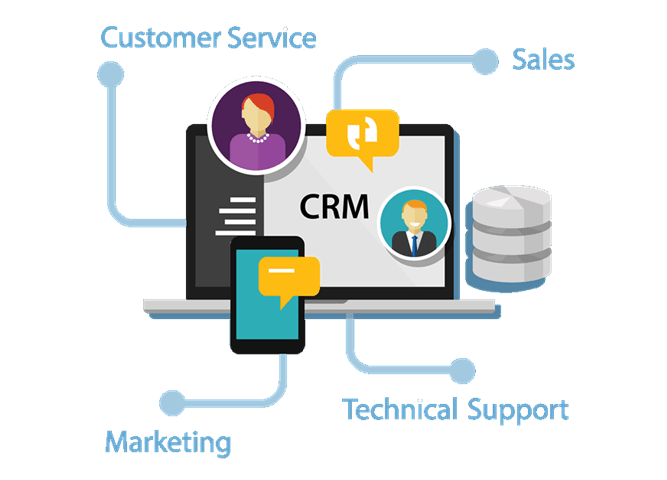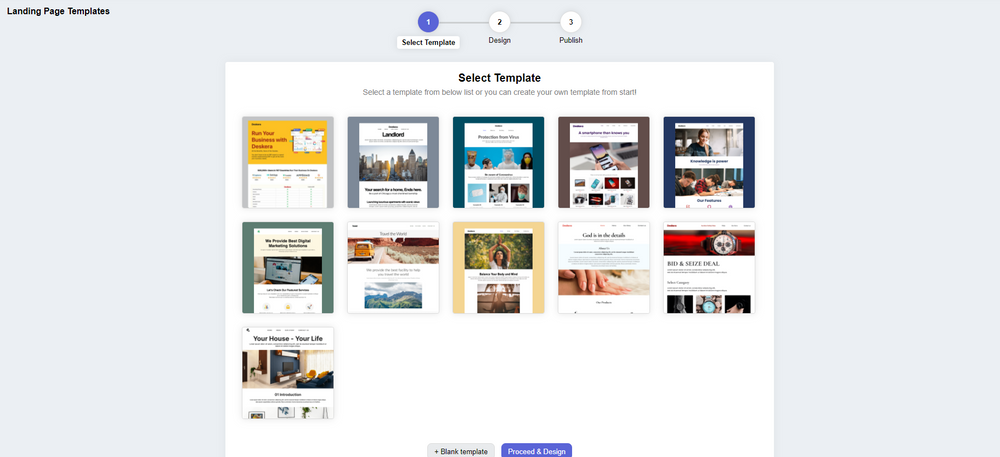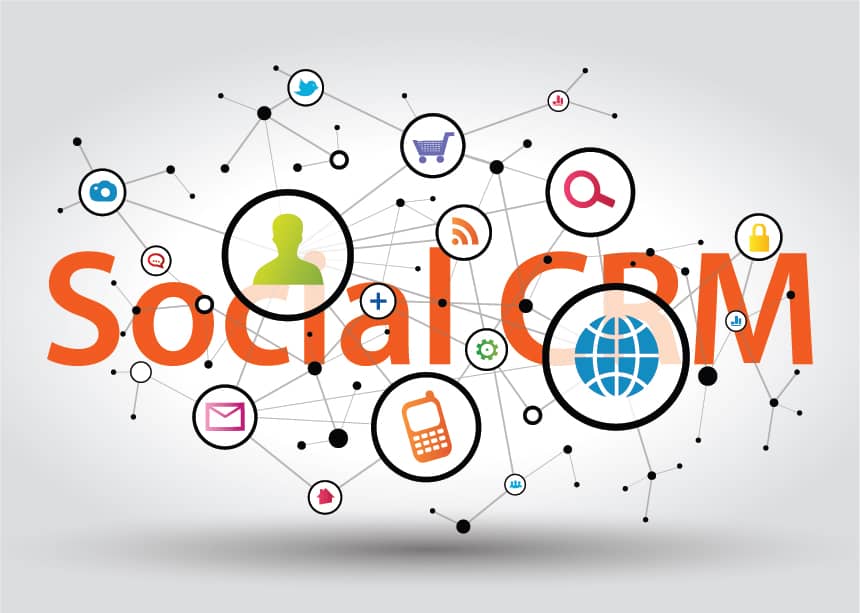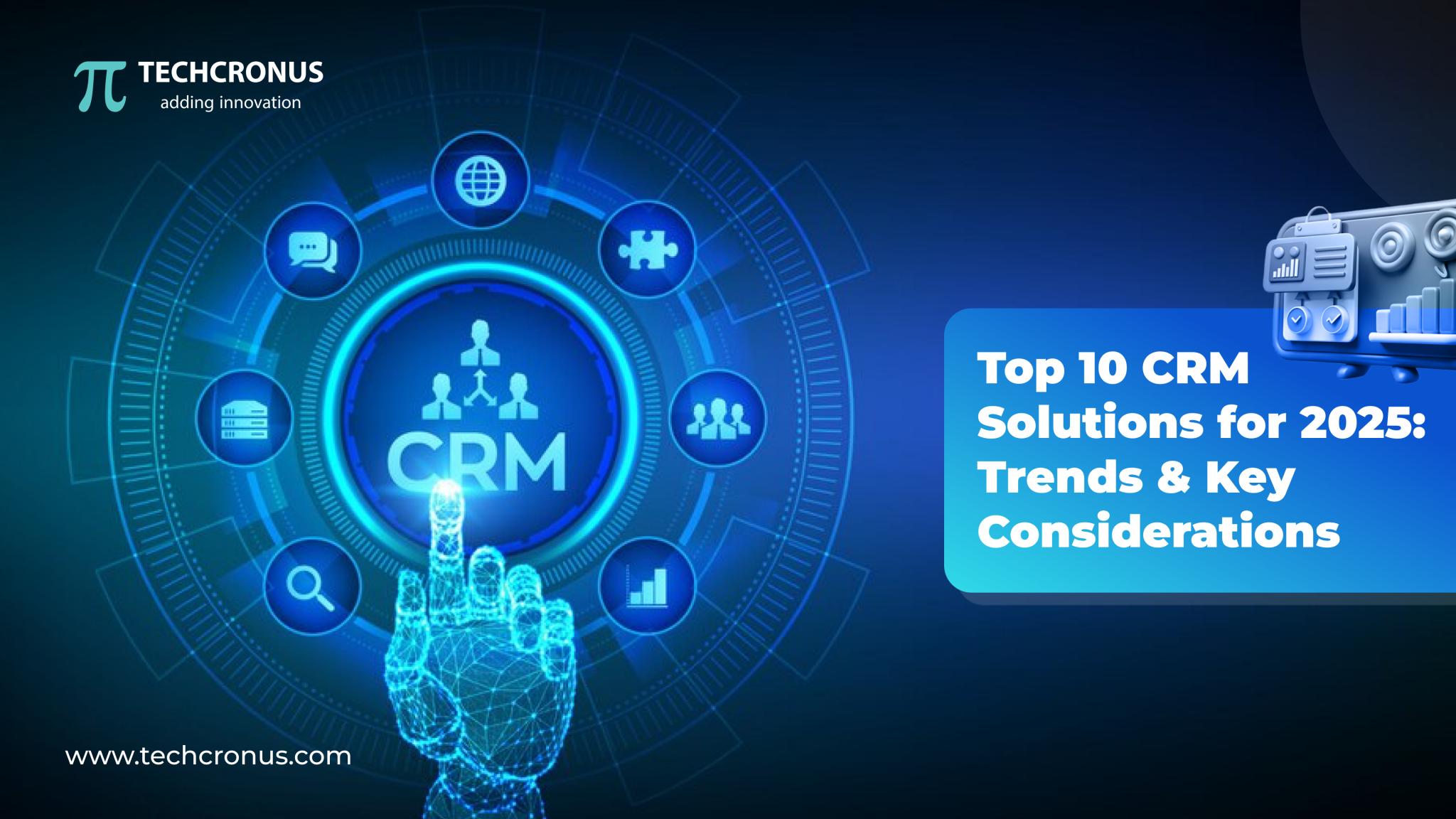Small Business CRM Innovations 2025: Revolutionizing Customer Relationships and Driving Growth
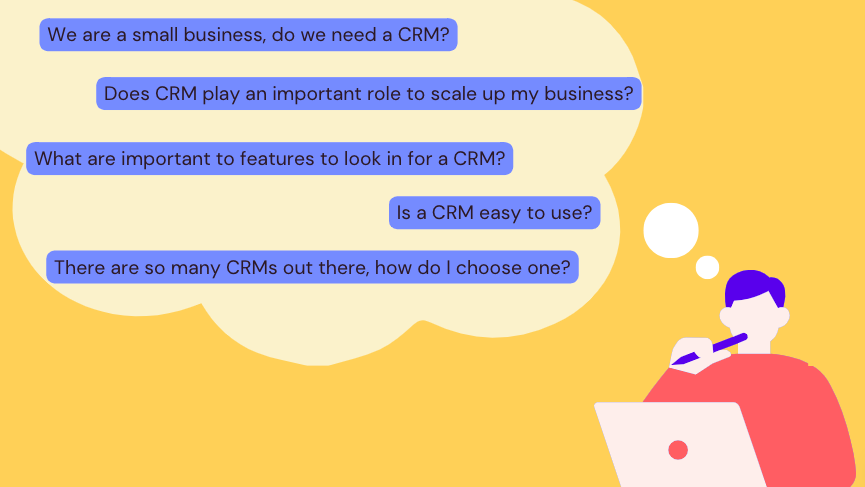
Small Business CRM Innovations 2025: Revolutionizing Customer Relationships and Driving Growth
The landscape of customer relationship management (CRM) is constantly evolving, and for small businesses, staying ahead of the curve is no longer a luxury but a necessity. As we approach 2025, the innovations in CRM technology are poised to redefine how small businesses interact with their customers, manage their data, and ultimately, drive growth. This comprehensive guide delves into the emerging trends, technological advancements, and strategic implications of CRM innovations for small businesses, offering insights into how to leverage these tools to gain a competitive edge.
The Evolution of CRM: From Contact Management to Customer-Centric Strategies
CRM has come a long way from its humble beginnings as a simple contact management system. Today, it’s a sophisticated platform that integrates sales, marketing, and customer service, providing a 360-degree view of the customer. The evolution has been driven by the increasing need for personalized customer experiences and the proliferation of data. Small businesses, in particular, stand to benefit significantly from this evolution, as it empowers them to compete with larger organizations by delivering exceptional customer service and building lasting relationships.
Key Milestones in CRM History
- Early CRM (1980s-1990s): Focus on contact management and sales automation.
- The Rise of Web-Based CRM (2000s): Introduction of cloud-based solutions, making CRM more accessible.
- Social CRM (2010s): Integration of social media data to understand customer behavior.
- AI-Powered CRM (Present): Leveraging artificial intelligence for predictive analytics, automation, and personalized experiences.
Top CRM Innovations Shaping Small Businesses in 2025
The future of CRM for small businesses is bright, with several innovations set to transform how they operate. Here are some of the most impactful trends:
1. AI-Powered CRM: The Intelligence Revolution
Artificial intelligence (AI) is no longer a futuristic concept; it’s a core component of modern CRM systems. In 2025, AI will be even more deeply integrated, offering small businesses unprecedented capabilities. AI-powered CRM systems can analyze vast amounts of data to identify patterns, predict customer behavior, and automate tasks, freeing up valuable time for business owners and their teams.
Key Applications of AI in CRM:
- Predictive Analytics: Forecasting customer churn, identifying upselling and cross-selling opportunities.
- Chatbots and Virtual Assistants: Providing instant customer support and handling routine inquiries.
- Automated Marketing: Personalizing email campaigns, segmenting audiences, and optimizing marketing efforts.
- Lead Scoring: Prioritizing leads based on their likelihood to convert.
2. Hyper-Personalization: Creating Tailored Customer Experiences
Customers today expect personalized experiences. They want to feel understood and valued. Hyper-personalization goes beyond basic segmentation, using AI and advanced analytics to tailor every interaction to the individual customer. Small businesses that embrace hyper-personalization will build stronger customer relationships and see increased loyalty.
Strategies for Hyper-Personalization:
- Gathering Customer Data: Collecting data from various sources, including website activity, social media, and purchase history.
- Analyzing Customer Behavior: Using AI to understand customer preferences, needs, and pain points.
- Personalizing Content and Offers: Delivering targeted emails, product recommendations, and website experiences.
- Providing Proactive Support: Anticipating customer needs and offering assistance before they even ask.
3. CRM and the Metaverse: Immersive Customer Interactions
The metaverse is emerging as a new frontier for customer engagement, and CRM systems are adapting to accommodate this shift. In 2025, small businesses will leverage CRM to create immersive customer experiences within virtual environments. This could include virtual showrooms, interactive product demos, and personalized customer service in the metaverse.
Use Cases for CRM in the Metaverse:
- Virtual Product Showrooms: Allowing customers to experience products in a realistic, interactive environment.
- Virtual Events and Conferences: Hosting virtual events that provide networking opportunities and product demonstrations.
- Personalized Customer Service: Providing customer support through virtual avatars and interactive experiences.
4. Enhanced Data Privacy and Security: Building Trust
With the increasing importance of data privacy, CRM systems in 2025 will prioritize security and compliance. Small businesses must ensure their CRM systems comply with regulations like GDPR and CCPA. This includes implementing robust security measures, providing transparency to customers about how their data is used, and giving customers control over their data.
Key Considerations for Data Privacy:
- Data Encryption: Protecting sensitive customer data from unauthorized access.
- Compliance with Regulations: Ensuring the CRM system adheres to all relevant data privacy laws.
- Transparent Data Practices: Being upfront with customers about how their data is collected and used.
- User Consent: Obtaining explicit consent from customers before collecting their data.
5. Mobile CRM: Empowering the Remote Workforce
The ability to access CRM data and functionality on the go is essential for small businesses. Mobile CRM solutions will continue to evolve in 2025, offering enhanced features and improved user experiences. This will empower remote teams to stay connected with customers, manage leads, and close deals from anywhere.
Key Features of Mobile CRM:
- Real-time Data Access: Accessing customer information, sales data, and other critical information on mobile devices.
- Offline Functionality: Allowing users to access and update data even without an internet connection.
- Integration with Mobile Apps: Seamlessly integrating with other mobile apps, such as calendar and email.
- Geolocation Features: Tracking sales team locations and providing insights into customer interactions.
Strategic Implications for Small Businesses
Adopting these CRM innovations requires a strategic approach. Small businesses need to carefully consider their needs, choose the right CRM solutions, and implement them effectively to reap the benefits.
1. Assessing Your Needs and Goals
Before implementing any CRM system, small businesses should define their goals and objectives. What do you want to achieve with CRM? Do you want to increase sales, improve customer service, or streamline marketing efforts? Understanding your needs will help you choose the right CRM solution and tailor it to your specific requirements.
2. Choosing the Right CRM Solution
There are numerous CRM solutions available, ranging from basic contact management tools to sophisticated enterprise platforms. Small businesses should evaluate different options based on their budget, technical expertise, and specific needs. Consider factors such as:
- Features: Does the CRM system offer the features you need, such as sales automation, marketing automation, and customer service tools?
- Ease of Use: Is the CRM system easy to learn and use? A user-friendly interface is essential for adoption.
- Integration: Does the CRM system integrate with your existing tools, such as email marketing platforms, accounting software, and social media channels?
- Scalability: Can the CRM system grow with your business? Choose a solution that can accommodate your future needs.
- Pricing: Consider the cost of the CRM system, including subscription fees, implementation costs, and ongoing maintenance.
3. Implementing Your CRM System Successfully
Implementing a CRM system requires careful planning and execution. Here are some tips for a successful implementation:
- Plan Your Implementation: Develop a detailed implementation plan, including timelines, milestones, and responsibilities.
- Clean Your Data: Ensure your customer data is accurate, complete, and up-to-date.
- Train Your Team: Provide comprehensive training to your team on how to use the CRM system.
- Customize Your CRM: Tailor the CRM system to your specific business processes and workflows.
- Monitor and Evaluate: Track your progress and make adjustments as needed.
4. Training and Change Management
Successfully implementing a new CRM system requires more than just technical expertise. It’s crucial to invest in thorough training for your team. Training should cover all aspects of the CRM system, from basic navigation to advanced features. Additionally, managing the change effectively is vital. Communicate the benefits of the new system to your team, address any concerns, and provide ongoing support to ensure a smooth transition.
5. Data Migration and Integration
Migrating data from your existing systems to the new CRM system is a critical step. Data migration should be planned carefully to ensure that all data is transferred accurately and efficiently. Furthermore, integrating your CRM system with other business tools, such as your website, email marketing platform, and accounting software, will streamline your workflows and improve data accuracy.
The Future is Now: Embracing CRM Innovations for Sustainable Growth
The CRM landscape is dynamic, and small businesses that embrace innovation will be best positioned for success in 2025 and beyond. By leveraging AI, hyper-personalization, and other advanced features, small businesses can transform customer relationships, improve operational efficiency, and drive sustainable growth.
Key Takeaways for Small Businesses:
- Embrace AI: Integrate AI-powered features to automate tasks, personalize customer experiences, and gain actionable insights.
- Prioritize Personalization: Create tailored experiences that resonate with individual customers.
- Stay Secure: Implement robust data privacy and security measures to protect customer information.
- Go Mobile: Equip your team with mobile CRM solutions to stay connected with customers on the go.
- Continuously Adapt: Stay informed about the latest CRM trends and adapt your strategies to meet evolving customer expectations.
By staying informed about the latest trends and strategically implementing CRM innovations, small businesses can build stronger customer relationships, improve operational efficiency, and drive sustainable growth in the competitive marketplace of 2025 and beyond. The future of CRM is here, and it’s an exciting time for small businesses to capitalize on the power of these innovative tools.

